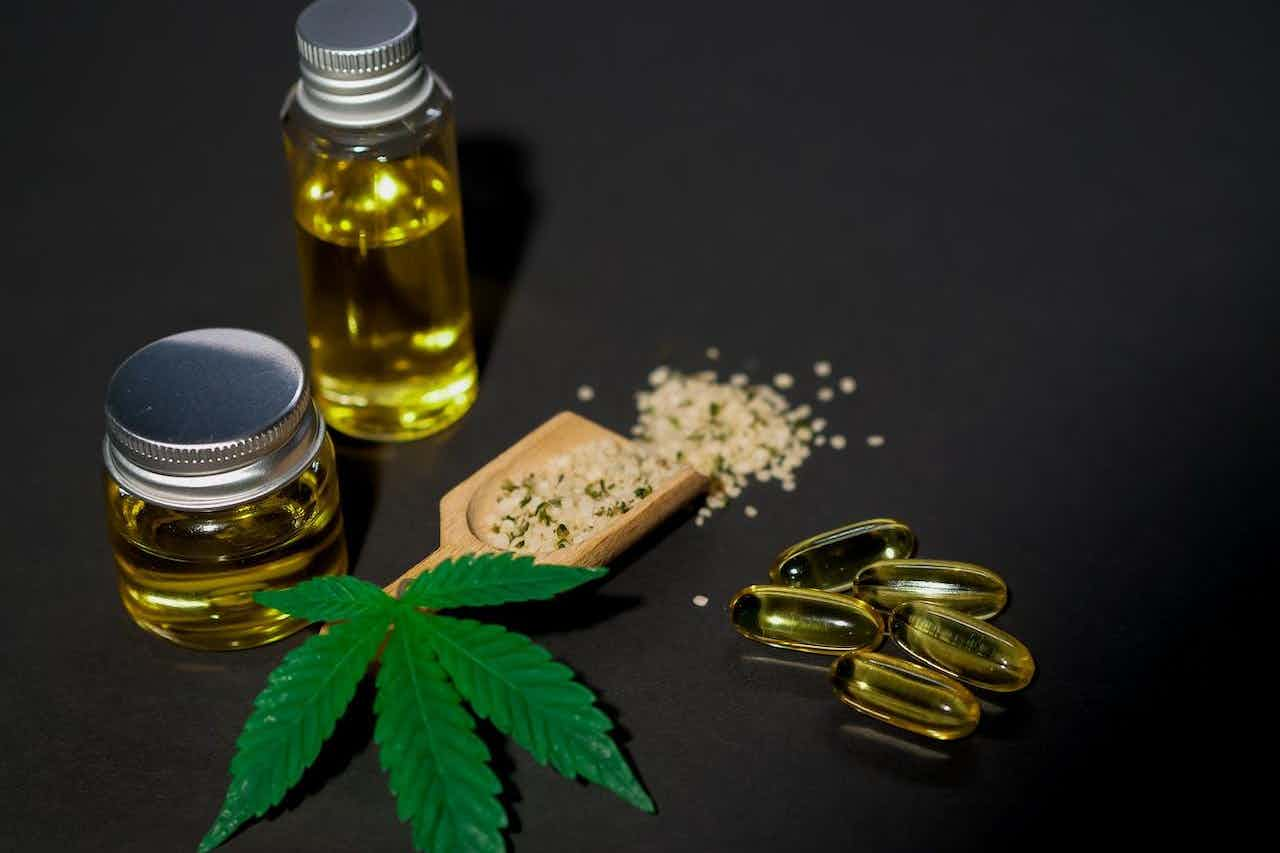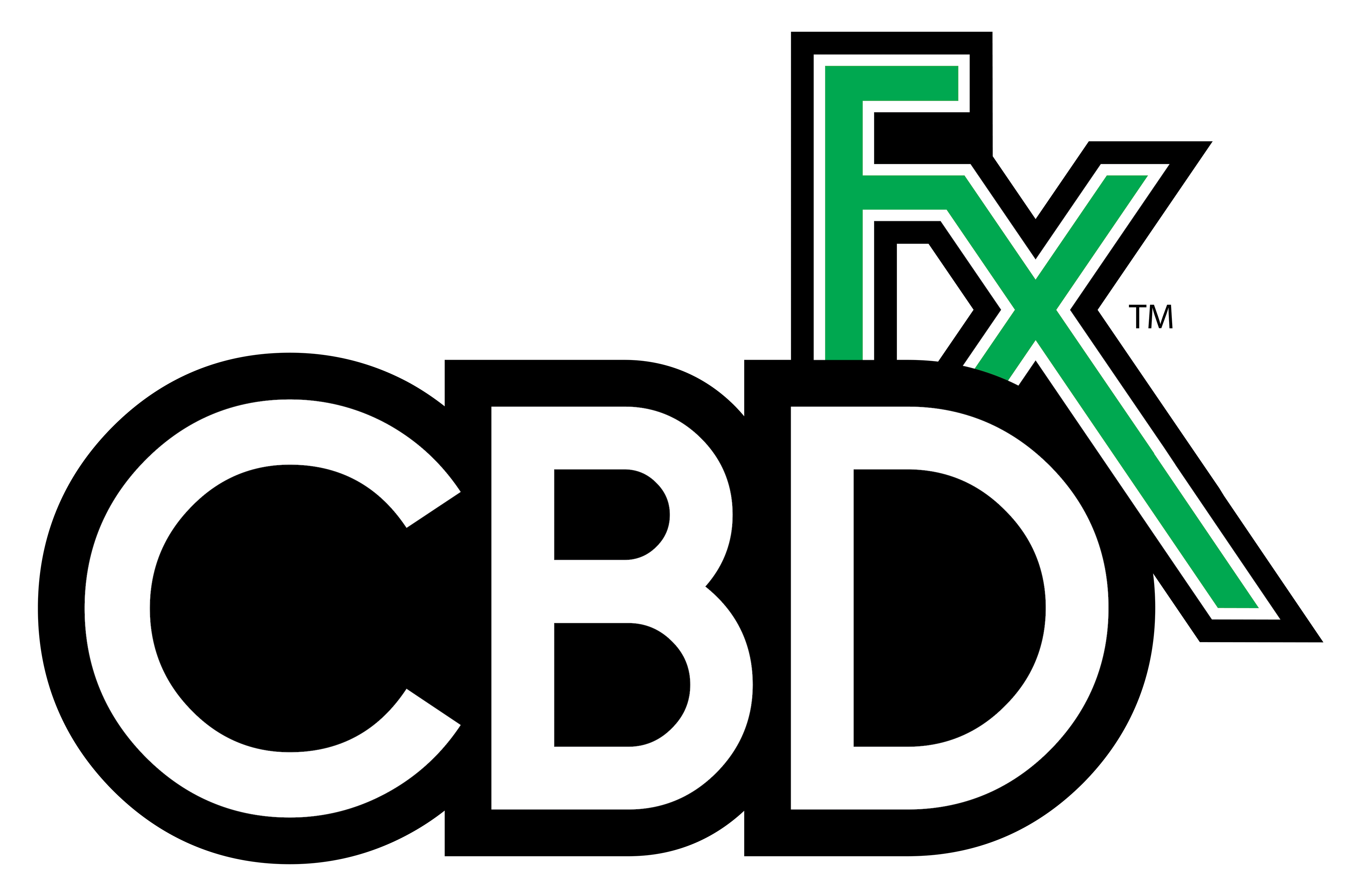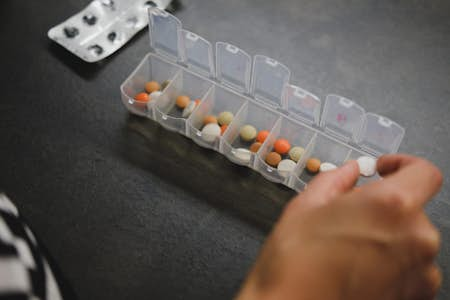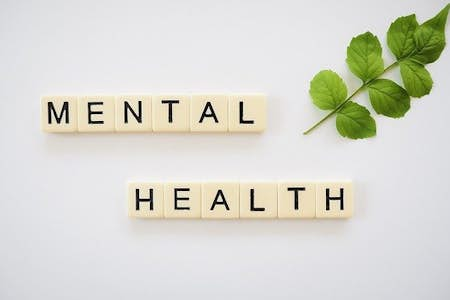How long it takes CBD oil to work depends on:
- What you’re taking it for.
- Your body weight.
- The quality and strength of the oil.
- How you decide to take it.
You might find that CBD oil starts working immediately, or it might take around half an hour or even longer before you start feeling its effects.
CBD can have a quick and positive impact on anxiety, general aches and pains, your sleep patterns, mental performance, and much more! Discover the UK's leading CBD brands and stock up on your CBD essentials today!
For example, if you mix your CBD product with chocolate, almond milk, or anything else your body needs to digest, the effects of CBD oil will be slower than if you put a few drops directly under your tongue.
If you drink it with juice, it will be a faster reaction versus when it's in fruit with fibre (such as mixed with a bowl of yoghurt and berries), which slows absorption.
Adding CBD oil to a coffee or smoothie will take about 30 minutes before you notice anything.
Knowing the correct times for different CBD consumption methods
Cannabidiol, the active component in CBD oil and other products, can be ingested, taken sublingually (placing drops under the tongue), inhaled through a vape, or rubbed into your skin. Each method delivers CBD to receptors in your cannabinoid system (a complex cell-signalling system responsible for regulating various physiological processes) at slightly different rates, and we explore them below.
CBD edibles
Ingesting CBD through gummies, drinks, tinctures, and CBD capsules delivers CBD to your cannabinoid receptors via your digestive system. As your body digests the food or drink with CBD, it delivers it to your endocannabinoid receptors. You can feel the effects anywhere between 15 minutes to two hours.
Ingestion is one of the most popular ways to take CBD products. However, if you dislike the earthy flavour of CBD oil, you can try CBD gummies or flavoured CBD oil to mask the natural flavour.
How much CBD you are taking, the amount of food already being digested, and the quality of the CBD you’re taking will influence how long this process takes. Taking CBD edibles on an empty stomach gives a faster effect than ingesting CBD after a meal.
CBD creams and lotions
Your skin is connected to your endocannabinoid system, too. Just as you can feel the effects of CBD by eating it, so can you gain benefits by using topical CBD balms, creams, lotions and even CBD patches. It takes around 15 to 20 minutes to feel the effects of these CBD products.
You can apply topical CBD products directly to the area of your body needing treatment to relieve muscle and joint inflammation and skin conditions like psoriasis.
Vaping and dosing CBD
Vaporising CBD oil to inhale and dosing CBD sublingually are the two fastest ways of feeling its effects.
Vaping, or inhaling CBD vapour, is a method of consumption with near-instant effects. The cannabinoids are delivered directly to your lungs and bloodstream and transported to your CBD receptors.
Similarly, the sublingual method of taking CBD is almost immediate. The CBD oil drops allow cannabinoids to pass through the mucus membranes of your mouth into your bloodstream. From there, they’re introduced to your endocannabinoid system. Smoking and sublingual methods of taking CBD provide the highest levels of bioavailability (the rate at which your bloodstream absorbs a substance).
What is the standard CBD dosage?
Researchers and healthcare professionals have yet to develop a standardised dose of CBD recommendations, especially for anxiety. Researchers in a 2019 study discovered that 40-300 mg of CBD per day significantly reduced anxiety symptoms in 57 adult males.
The dosage that you take to relieve anxiety is determined by the CBD product and how it is administered. However, the typical recreational dose range for CBD is 5 mg to 25 mg.
Each product works slightly differently depending on the form, so following the instructions provided with your CBD product is critical.
How to determine your CBD dose
Sprays, gummies, and capsules have premeasured doses and are, therefore, simple to use.
Creams, tinctures and oils are slightly different, as the correct CBD dose depends on what you’re using it for. Check the label on the packaging for accurate details and directions on how to use these products.
Not all CBD oils are the same
You should think of CBD as a dietary supplement. It can take four to six weeks of use to fully realise the benefits of CBD, particularly if you're taking it to relieve anxiety, pain, or stress.
You may notice immediate and significant benefits, or you may see the benefits over time and with daily use, as is familiar with many dietary supplements.
The reality is that finding the right CBD dosage for you isn’t likely to happen the first time you try it. Rather, it will require a little trial and error. It’s advisable to begin with smaller CBD doses and move up to a higher dose as you become familiar with the effects of the CBD product.
Quality is the most critical factor when taking CBD. The best CBD oil is made from a high-quality hemp plant. The process of extracting CBD from hemp plants also plays a role in the quality of the product and its bioavailability.
High-quality CBD oil is extracted from hemp plants with naturally higher levels of CBD than THC due to the cannabis plant's reverse CBD/THC ratio.
Not all CBD is created equal, and reputable businesses won’t conceal or obscure important information in any way; they’ll include it on their packaging and websites so it’s easy to find.
With some research, you should be able to find the right amount for you and your desired results. You can learn more about what CBD can be used for in our article What is CBD oil and what does it do?
What are the side effects of CBD?
Each of us has unique needs and bodily systems; therefore, the short and long-term effects will differ from one person to the next.
Common short-term effects of CBD
- Reduced pain and inflammation.
- Reduced anxiety and depression.
- Relax muscles.
Common long-term effects of CBD
- Better quality sleep.
- Regulating appetite and weight.
- Improved mood and energy.
Different forms of CBD
Because CBD is extracted from hemp or cannabis plants with different processes, it comes in different forms. There are four different forms of CBD to be aware of, including:
- Full-spectrum CBD.
- Broad-spectrum, CBS.
- CBD isolate.
- Hemp oil.
Understanding their differences and how long each type takes to work will help you choose the right product and benefit most from it. Let’s take a closer look.
Full-spectrum CBD
Full-spectrum CBD products are the least processed of all CBD oils. They contain all of the cannabis or hemp plant’s extracts, including hundreds of cannabinoids, THC (the psychoactive component of cannabis), terpenes and flavonoids.
Studies indicate that full-spectrum oil works better for relieving pain and in the treatment of mental health conditions such as anxiety. This is known as the “entourage effect”, as it allows CBD to work in harmony with other natural compounds found in hemp and cannabis plants. Although full-spectrum CBD does contain THC, the levels are extremely low (no more than 0.3%) and highly unlikely to cause a psychoactive effect.
The effect of full-spectrum oils is often stronger than other types of CBD; however, it won’t produce an effect faster than other types of CBD because it’s your weight, the dose and how you take it that has a bigger impact on the speed of action.
Broad-spectrum CBD
Similar to full-spectrum but with THC compounds removed, broad-spectrum is a slightly more refined type of CBD oil. It contains all other CBD compounds, terpenes and flavonoids. In some cases, tiny trace amounts of THC can be detected.
Depending on how you take broad-spectrum CBD products, you may feel the effects immediately or up to two hours later.
CBD isolate
As the name suggests, CBD isolates contain only CBD. All other cannabis and hemp plant compounds, including THC, terpenes and flavonoids, have been removed, isolating the key compound, CBD.
CBD isolates are usually sold in crystal or powder form to place under your tongue or as oil for vaping. These methods of taking CBD produce the fastest effect.
Hemp oil
Hemp oil is produced by crushing the seeds of hemp plants and extracting the omega-rich oil, which is then bottled. It is important to note that hemp oil does not contain significant amounts of CBD or THC. This is because the oil is derived from the plant's seeds, whereas CBD and THC are only produced by the hemp and cannabis plants as they mature.
Although hemp oil doesn’t contain CBD, it does have other health benefits, including the relief of inflammatory conditions such as IBS and arthritis.
The health benefits of hemp oil mostly come from the fatty acids it contains. It can take days or weeks to notice the effects of hemp oil, depending on the condition you are taking it for.
Health benefits of taking CBD oil
CBD, unlike THC (another type of cannabinoid), does not cause intoxication or the "high" feeling you get with cannabis. CBD has no such effect.
Instead, it may provide several broad-spectrum health benefits. For example, potential benefits of CBD might include:
- Relieving anxiety.
- Pain relief.
- Alleviating certain cancer-related symptoms.
- Neuroprotective properties may exist.
- Benefit heart health.
- Antipsychotic properties.
- Treatment for substance abuse.
- Glioblastoma patients may have their lives extended.
- Sleep quality may improve.
A study by the UK Medical Cannabis Registry found CBD oil improved the symptoms of generalised anxiety disorder (GAD), sleep quality and general health-related quality of life for patients one, three and six months after beginning treatment.
However, more research on the effectiveness of CBD for the treatment of GAD and other types of mental health conditions is needed. So far, studies have been small, and not many have investigated the impact of ongoing CBD dosing.
Emerging clinical evidence and a growing body of research suggest that CBD is a promising treatment for various anxiety disorders, including:
- General anxiety disorder (GAD).
- Obsessive-compulsive disorder (OCD).
- Post-traumatic stress disorder (PTSD).
- Panic disorder (PD).
- Social anxiety disorder (SAD).
But it’s not only mental health conditions that can be relieved with CBD oil and products. A range of complex symptoms can also be relieved with CBD.
A study published in 2020 showed that 70% of participants reported an improvement in the following conditions after three weeks of CBD use:
- Non-cancer-related chronic pain.
- Neurological symptoms.
- Cancer-related symptoms.
- Difficulty sleeping.
Choosing the right CBD product
CBD oil, gummies, creams, and tinctures are versatile products that can help manage various health conditions or improve overall well-being. However, the time it takes to produce the desired effect and the level of efficacy can depend on factors such as the type of CBD product you choose, your body weight, the method of ingestion, and the specific condition you are treating.
If you are considering taking CBD products to manage a specific condition or improve your overall health, you should speak with your health provider first. Some forms of CBD can create adverse reactions when mixed with other medications or reduce their effectiveness. Always check the label for directions on use and dosage before taking CBD.
Image Credit: Kindel Media at Pexels
Before exploring alternative therapies, it’s vital to ensure you know what’s really going on in your body.
With Scan.com, you can choose from 10 scan types at over 250 clinics nationwide to get a clear diagnosis and ensure you’re fully informed when you make choices around your treatment.
Visit Scan.com now to learn how it works and book your scan.








